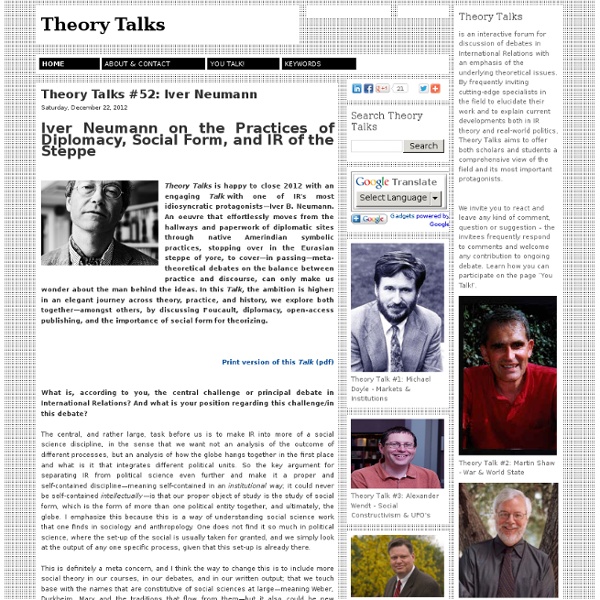



Revision guide Liquid Democracy | Global Freedom Movement Illustration of how Liquid Democracy Works via Wikipedia Liquid democracy is a group-decision-making method that works as a sort of “direct democracy for people who know they’re not experts on a subject, but know of people that they trust who who know more about a subject than themselves”. Questions are settled by asking everyone… but many people’s answer will be “whatever X says”. It works by enabling people to solicit recommendations on how to vote from people they trust. In fact, one of the original influences on Liquid Democracy was the desire to replace the chain of command in a military situation with something more efficient and flexible. What Does Liquid Democracy Mean? Liquid Democracy is a collective term for different approaches to making democracy more liquid, more transparent and more flexible. Organisations and informal groups can use Liquid Democracy to collaboratively develop their goals, strategies, internal rules or positions and to make binding decisions about them.
Dissent Magazine Georgetown Journal of International Affairs Open Government Initiative Open Data Policy Guidance to better manage Federal information as an asset to make it more open, accessible, and usable by the public. Executive Order on Making Open and Machine Readable the New Default for Government Information The President’s Executive Order on making Federal Government information more open and accessible to promote economic growth and government efficiency. National Action Plan for the United States of America These Open Government efforts are now entering a new phase, as we collaborate with other countries in the global Open Government Partnership. Informing Consumers through Smart Disclosure Memorandum: The purpose of this Memorandum is to set out guidance for agencies to inform and facilitate the use of disclosure, specifically "smart disclosure." Commitment to Open Government Status Report The President’s Memorandum on Transparency and Open Government Open Innovation Memo The Open Government Directive PRA Primer Social Media and the PRA Data.Gov Concept of Operations
New Politics The Russell Kirk Center